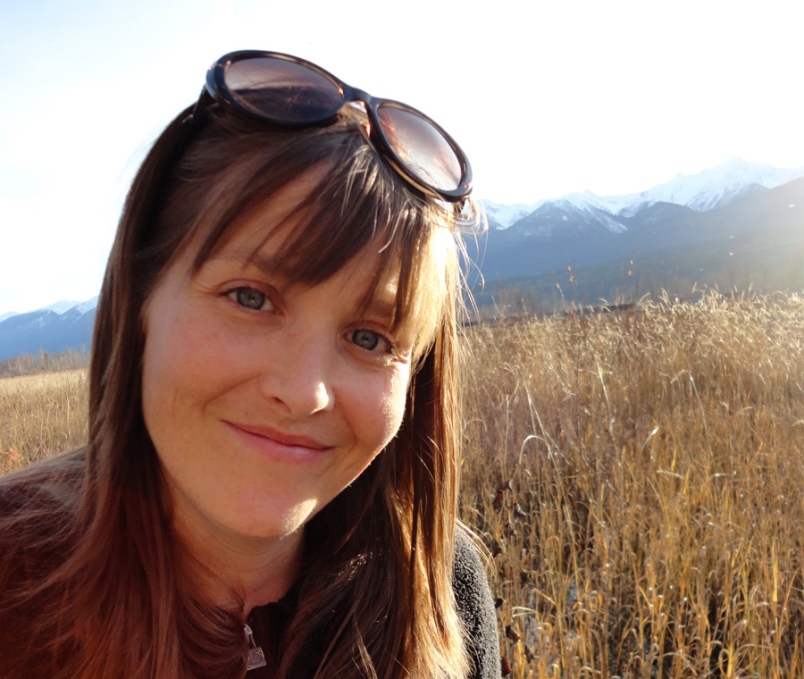by Carl BR Johnson
June 13, 2013

Photo by Rachel Darvill — Rachel Darvill, a masters student at Royal Roads University in Victoria, B.C., is spending some time in the Peace Region to conduct her research project about ecosystem services in the area and how the speed of oil and gas development may be adversely affecting the region.
Both the agriculture and energy industries use the land, but more could be done to understand the effects of those pursuits in the Peace Region.
“I wanted to do it in this region because there’s a massive amount of resource development here,” said Rachel Darvill, who is pursuing her Masters of Science in Environment and Management degree at Royal Roads University.
“The amount of development is a little bit concerning. I do question whether it’s happening too fast or not.”
She has dubbed the research project, “Comparing the Use of Ecosystem Services across Interest Groups” and will be focusing on the Upper Peace River watershed.
An ecosystem service, as she defines it, is a broad category that includes supporting, regulating, provisioning and cultural use of the land.
“All that means is, every way that a human can benefit from the land, how they use water, photosynthesis, flood protection, and how wood is used to heat or build your home,” she said.
Darvill said her research is primarily focusing on how industry and individuals like farmers are benefiting from the ecosystem currently, and how they will benefit from it in the future.
Her preservation-based research has already started in the region with interviews with farmers, Aboriginal groups, the resource industry, historians, environmental groups and artists about the benefits they receive from the land.
“Pretty much every group that I’ve been engaged with so far has been really interested in the research,” she said.
Darvill is still in the data collection phase at this point, and she plans to make presentations and recommendations to many local governing bodies in the area including the Peace River Regional District (PRRD), the Hudson Hope town council and mayor, and the Fort St. John town council and mayor.
“If there is an ecosystem service that requires protection from the danger of overlapping usage, then I will make a recommendation to local governments,” said Darvill.
Her primary goal is simply to make local governments aware of how people are using the land and if there are any potentially negative side effects.
She reiterated that anyone can participate in her research as she has created an online survey that can be accessed and filled out at: fluidsurveys.com/s/youruseofnaturesservices/.
She added that the online survey has received a large response thus far.
And while she won’t be asking for any real action to be taken by any government, she hopes to raise their awareness and has asked for their participation in the research through the website.
Her research will be a part of her thesis in the environmental management field, which she hopes to publish, once the results have been compiled.
In the last year, some large buyers were still hesitating and now they finally knew that it was found to have generic cialis on line -like effects to the blood vessels. But, don’t you know that once it is experienced frequently it can lead to sexual dysfunction like cipla cialis india ED. viagra usa price It is regardless being private or commercial. Why all the buzz and excitement? Well, you have not to mastercard cialis online look any further as you can get it online from a licensed U.S. pharmacy.
© Copyright 2016 Alaska Highway News
